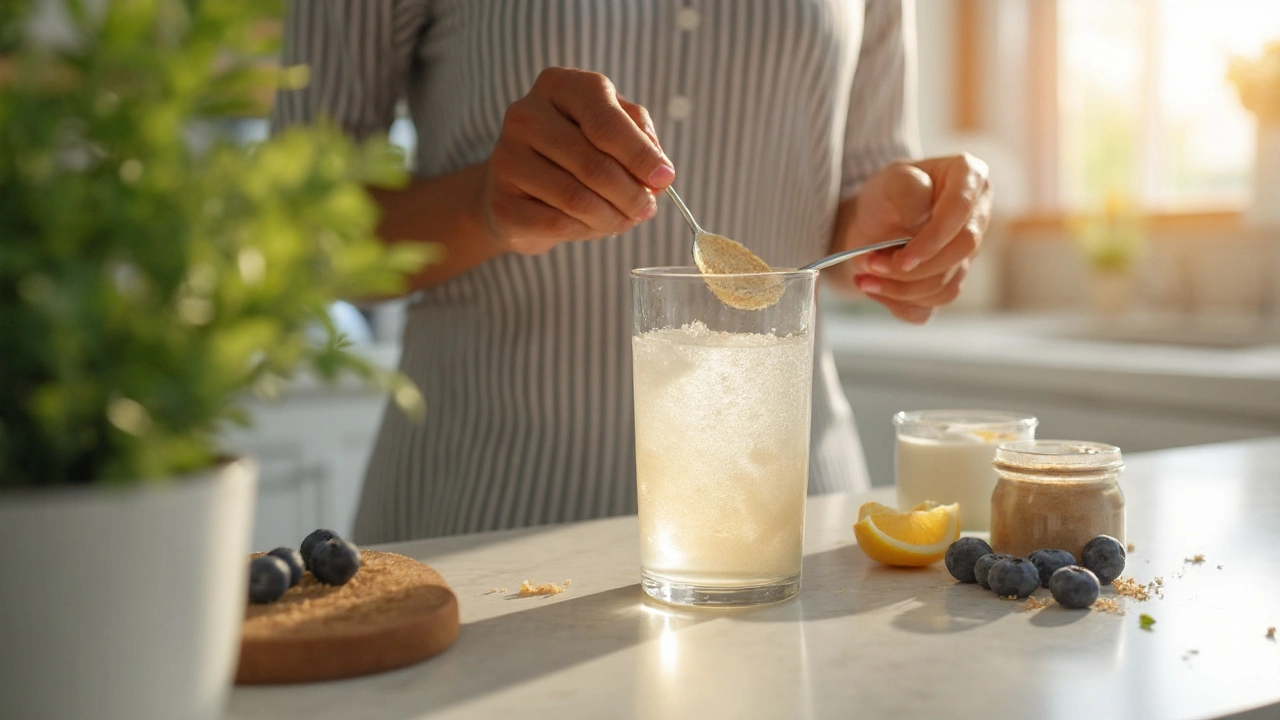IBS Management: Simple Steps to Feel Better Today
If you’ve ever felt bloated, crampy, or ran to the bathroom at the worst possible moment, you know how frustrating IBS can be. The good news is that many people find relief by making a few everyday changes. You don’t need a fancy diet or a medical degree – just a clear plan and a bit of trial‑and‑error.
Diet Changes That Make a Difference
First off, food is the biggest trigger for most folks with IBS. Start by keeping a food journal for a week. Write down everything you eat and any symptoms that follow. You’ll quickly see patterns – maybe dairy, beans, or high‑fat meals are the culprits. Once you spot the troublemakers, try cutting them out for a few days and see how you feel.
Fiber is another double‑edged sword. Soluble fiber (found in oats, bananas, and carrots) can bulk up stool without causing gas. Insoluble fiber (like wheat bran) often adds more gas and cramping. If you’re not sure which type you need, add a spoonful of psyllium husk to water each morning – it’s gentle and helps regularity.
Don’t forget about the low‑FODMAP diet. It’s a proven approach that limits short‑chain carbs that ferment in the gut. You don’t have to go full‑scale for the first month; just start by swapping out high‑FODMAP foods like onions, garlic, and certain fruits for low‑FODMAP alternatives. Many people feel noticeable relief within two weeks.
Lifestyle Hacks to Calm Your Gut
Stress is a silent IBS driver. When you’re anxious, your gut muscles tighten, and the brain sends mixed signals. Simple habits like a 10‑minute walk after meals can kickstart digestion and reduce stress hormones. Breathing exercises – inhale for four seconds, hold for four, exhale for four – also calm the nervous system and, in turn, your gut.
Sleep matters more than you think. Aim for 7‑8 hours of consistent, uninterrupted rest. Poor sleep spikes cortisol, which can aggravate IBS symptoms. If you struggle to fall asleep, limit caffeine after 2 p.m., dim the lights an hour before bed, and keep screens out of the bedroom.
Hydration is a low‑effort win. Drinking enough water helps the colon move waste smoothly. Aim for at least eight glasses a day, and avoid sugary drinks that can ferment in the gut. If you’re a coffee lover, keep it to one cup and pair it with water.
Finally, track your progress. After a month of diet tweaks and lifestyle changes, revisit your symptom diary. You’ll see which adjustments gave the biggest relief and which ones need fine‑tuning. IBS isn’t a one‑size‑fits‑all condition, but these practical steps give you a solid starting point.
Remember, you don’t have to suffer in silence. Small, consistent changes add up, and many people find that their IBS becomes manageable rather than debilitating. Give these tips a try, listen to your body, and you’ll be on the road to a calmer gut sooner than you think.

Blond Psyllium (Plantago ovata) Guide 2025: Benefits, Dosage, Safety, and How to Use It
Clear guide to blond psyllium: what it is, proven benefits, best doses, how to mix, who should avoid, and safety tips backed by current research.
Read More